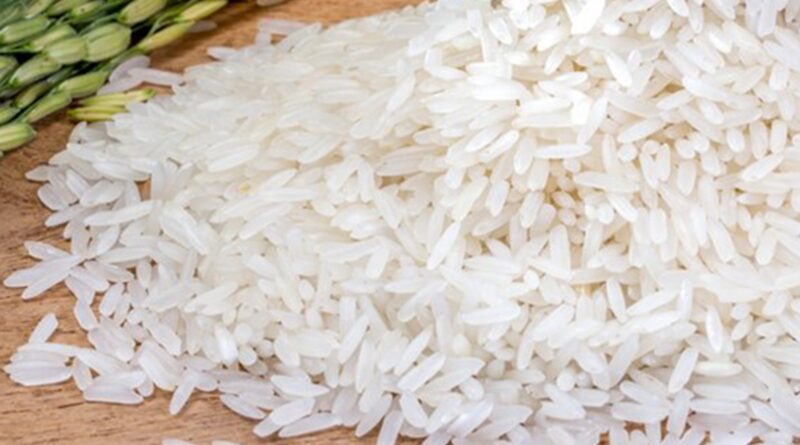Country’s first non-GM herbicide tolerant Basmati rice varieties released for commercial cultivation
By Vishwa Mohan
Indian Agricultural Research Institute (IARI) on Wednesday released for commercial cultivation the country’s first non-GM herbicide tolerant Basmati rice varieties.
These new varieties will not only be helpful in effective control of weeds and thus economising cost of cultivation, but also help in addressing the challenges of water scarcity and methane emission from rice cultivation — an answer to the global demand to reduce such emissions of climate-damaging gas even as India is not part of the group that voluntarily pledged to reduce methane emissions.
Called ‘RobiNOweed’, these two varieties — Pusa Basmati 1979 and Pusa Basmati 1985 — developed by ICAR-IARI, will be beneficial for farmers opting for direct seeded rice (DSR) method of cultivation where weeds are a major problem.
Director of the public sector farm research body IARI, A K Singh noted that these two new varieties would address the weed problem quite effectively and ensure success of the DSR method of cultivation which can save approximately 33% of the total water requirement.
Besides saving water which is a major concern in northwest India due to fast depleting water table, DSR method can also address labour problems during transplanting of rice and deal with methane emission which happens under transplanted flooded conditions.
DSR reduces water usage significantly compared to traditional flooding methods due to no need of continuous flooding, targeted water application, lower percolation losses, and decreased evaporation. “This underscores their (new varieties) potential to contribute significantly to sustainable agriculture practices and the overall well-being of the agricultural ecosystem,” said Singh.
At present, IARI’s different Basmati rice varieties hold a staggering 95% share in the country’s total Basmati exports, which stands at Rs 51,000 crores. New varieties will further boost its share in overall production and export.
On the occasion of the commercial release of the new varieties of seeds, Pritam Singh, a farmer from Haryana, shared his experience of practicing DSR cultivation method and expressed his hope that the new herbicide tolerant Basmati rice varieties would go a long way in making it a viable cultivation method.
This article has been republished from The Times of India.

